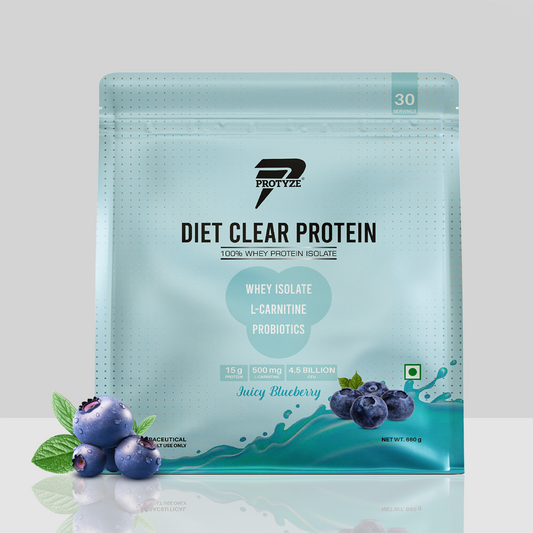Ever Wonder Why Your Muscles Cramp or Feel Weak After Activity?
It’s easy to blame soreness or tiredness on a workout or long day, but the real culprit is often hidden in plain sight—dehydration and electrolyte loss.
Muscle cramps, spasms, and fatigue are your body’s SOS signals. They’re telling you something important:
“I’m running low on essential minerals that help me function.”
And no, water alone doesn’t always fix it.
Electrolytes: The Unsung Heroes of Muscle Recovery
Electrolytes are charged minerals that keep your body’s electrical and fluid systems running smoothly. The main players include:
- Sodium: Regulates fluid balance and nerve function
- Potassium: Helps muscles contract properly
- Magnesium: Prevents cramps and supports relaxation
- Zinc: Supports Strength, Recovery and Immunity
When you sweat, you lose more than water—you lose these minerals. Without replenishment, muscles can’t perform or recover well.
What Really Happens During Muscle Recovery?
When you move, lift, stretch, or even just walk in a hot environment, your muscles undergo stress. That stress leads to tiny tears that the body needs to repair. But here’s the catch:
- Muscles rely on electrolytes to contract and relax smoothly
- Without enough, your recovery slows down
- The risk of cramps and lingering fatigue increases
It’s like trying to recharge your phone without plugging it in properly—you need the right connection, not just any power source.
Hydration with Electrolytes vs. Plain Water
You’ve probably heard “drink more water” a million times. And while that’s true, it’s only half the equation.
Plain water can dilute the concentration of electrolytes in your system if consumed excessively without replenishing minerals. This can make cramps worse, not better.
Here's why electrolyte-rich hydration is superior:
- Speeds up muscle recovery after physical effort
- Reduces risk of dehydration-related fatigue
- Helps maintain energy and focus throughout the day
- Prevents nighttime leg cramps and stiffness
- Supports daily performance, even without workouts
It’s Not Just for Athletes
Electrolyte loss doesn’t only happen during intense workouts. You also lose them through:
- Walking under the sun
- Long meetings or standing shifts
- Everyday stress and poor sleep
- Drinking coffee or alcohol
- Travel and climate changes
Everyone—regardless of fitness level—can benefit from restoring their electrolyte balance regularly.
Signs You Might Need More Electrolytes
- Frequent or unexplained muscle cramps
- Constant fatigue or sluggishness
- Headaches, especially in hot weather
- Brain fog or low focus
- Dizziness after movement
- Dry mouth, excessive thirst
Simple Tips to Boost Electrolyte Intake Daily
- Hydrate with purpose—opt for drinks that replenish sodium, potassium, and magnesium
- Add a pinch of Himalayan salt to your water
- Eat potassium-rich foods like bananas, oranges, and spinach
- Include magnesium from almonds, seeds, or leafy greens
- Balance your fluids if you're sweating more than usual
Hydration Is a Daily Habit, Not a Quick Fix
Muscle cramps and fatigue aren’t just random—they’re often messages from a body low on essential minerals. By prioritizing hydration with electrolytes, you give your muscles, brain, and entire system what they need to perform, recover, and thrive.
It’s not just about drinking water—it’s about smart hydration.
Start paying attention to your body’s signals and give it the tools it needs to bounce back, stay strong, and keep going.
Hydration Isn’t Just About Water—It’s the Secret to Moving Better, Feeling Stronger
TL;DR
Muscle cramps, fatigue, and poor recovery often boil down to one thing: electrolyte imbalance. These minerals—like sodium, potassium, magnesium, and Zinc—are key to rehydration, muscle function, and overall recovery. Whether you work out or not, daily hydration with the right electrolyte balance can make a huge difference in how your body performs and feels.





